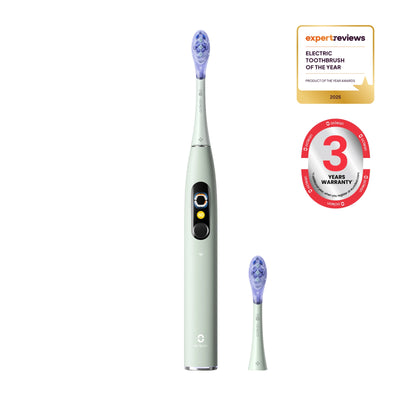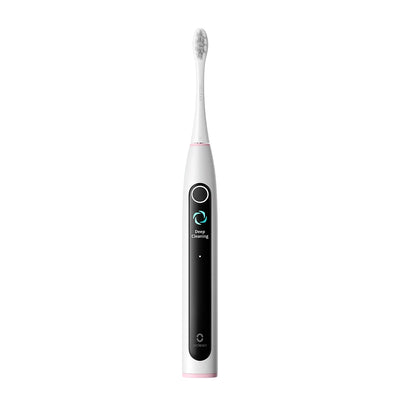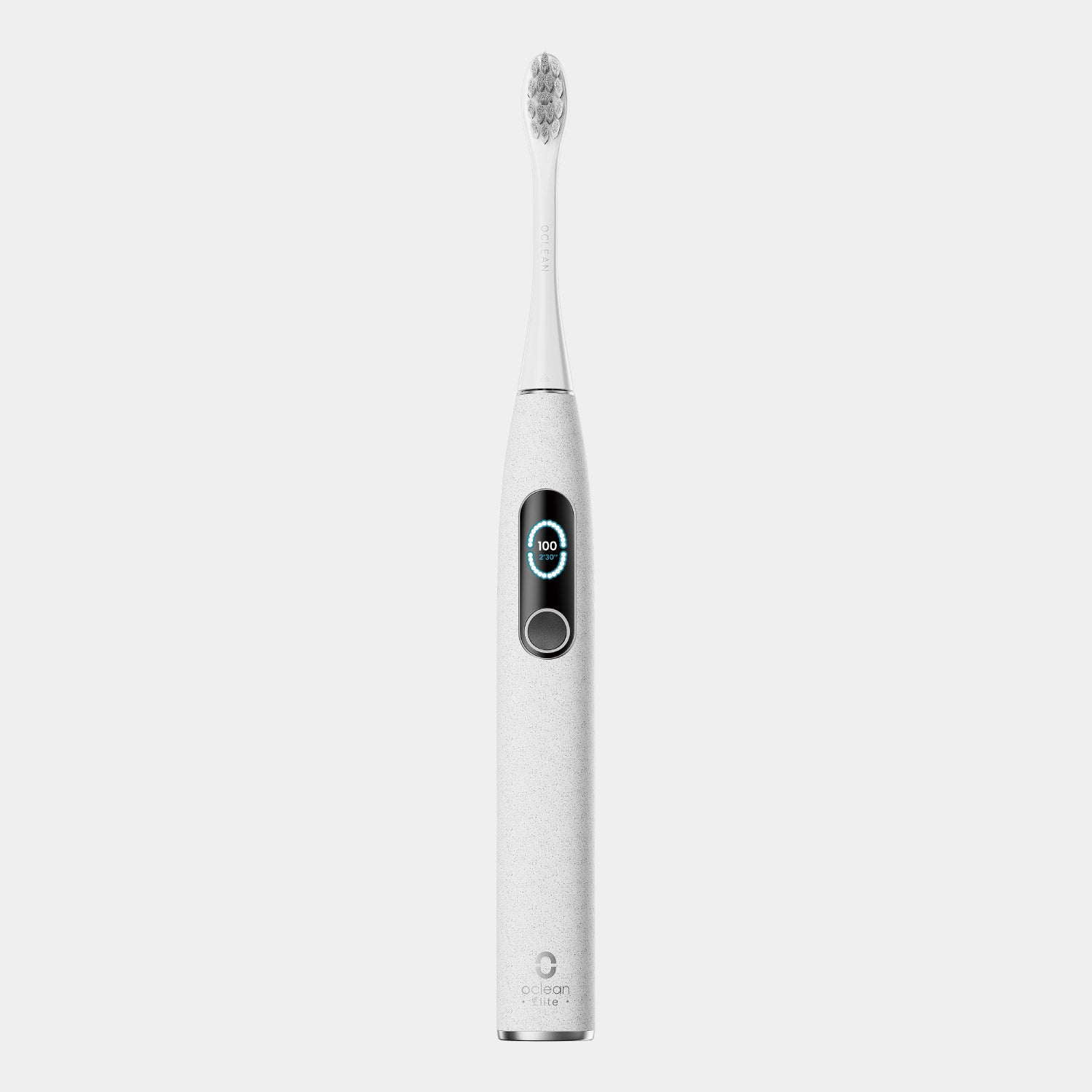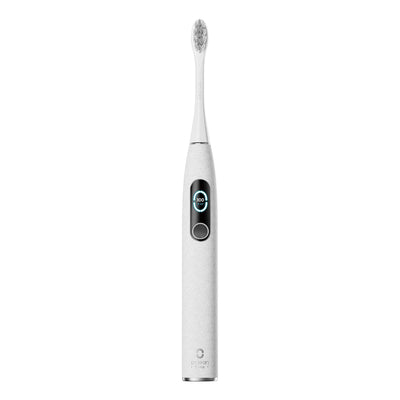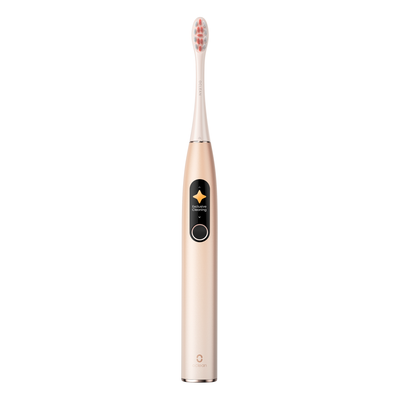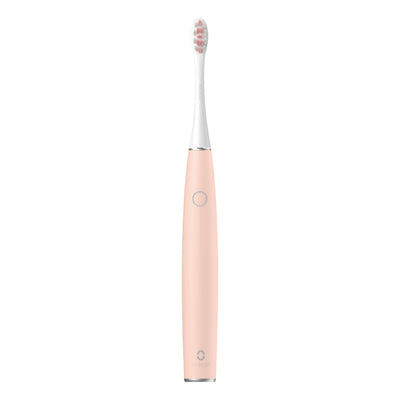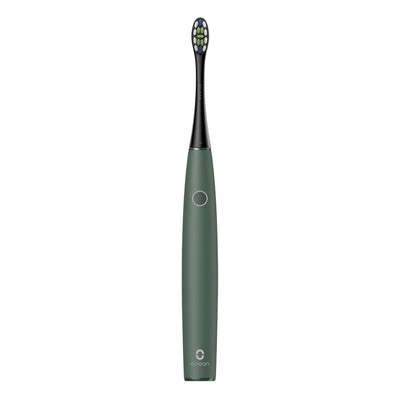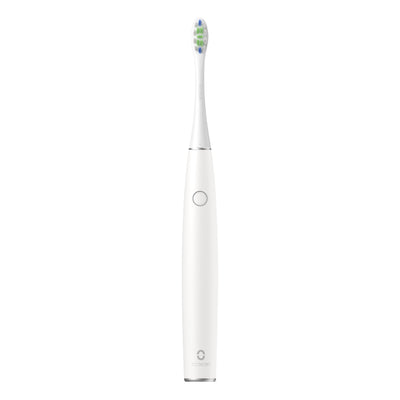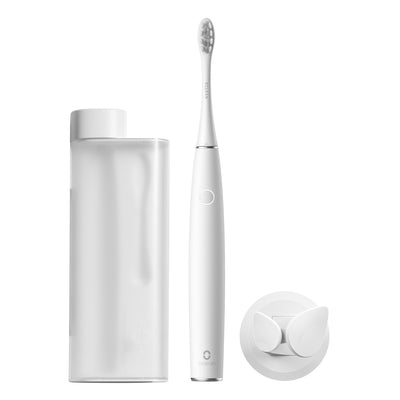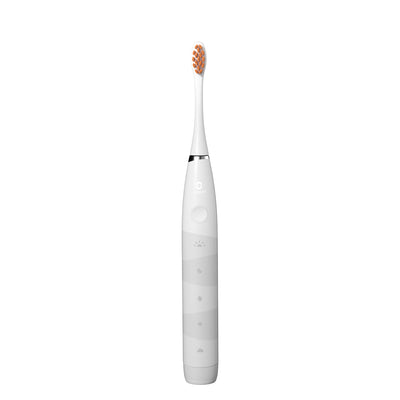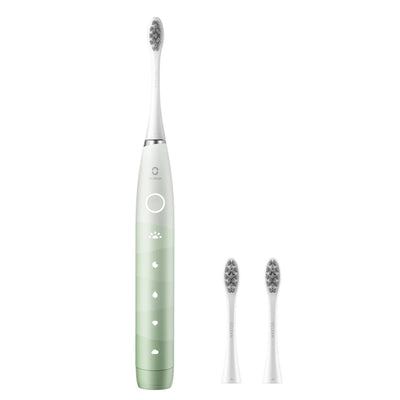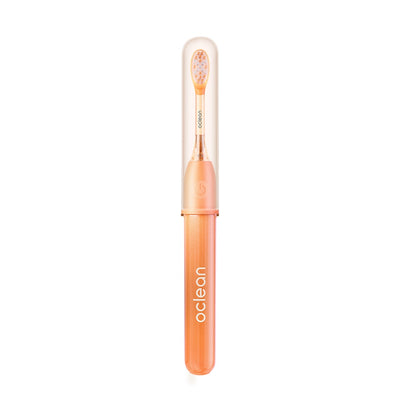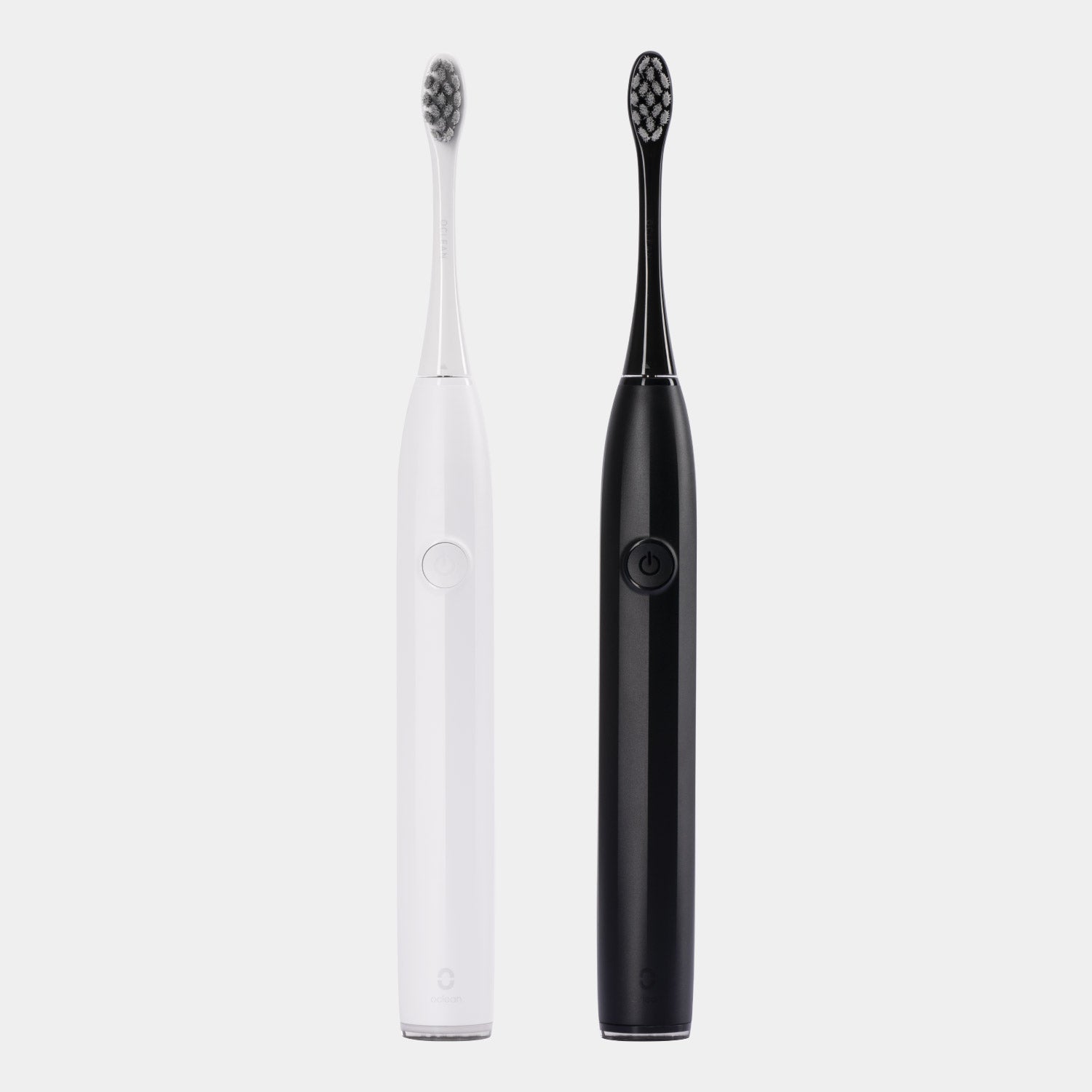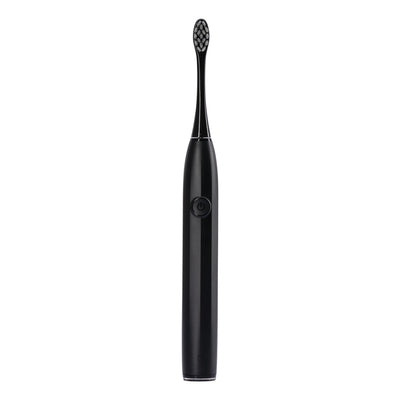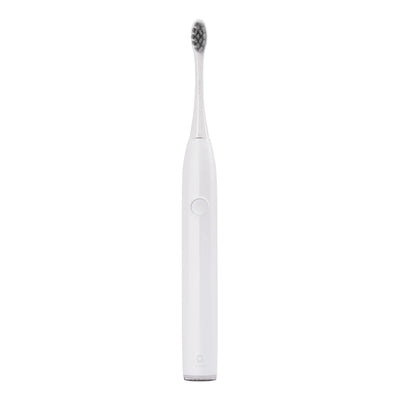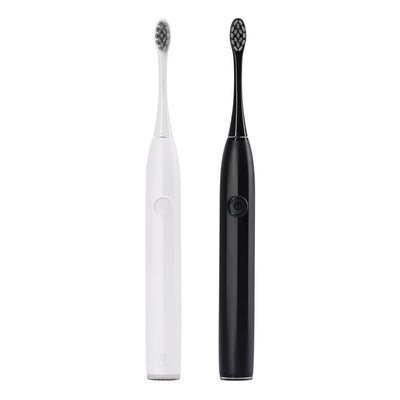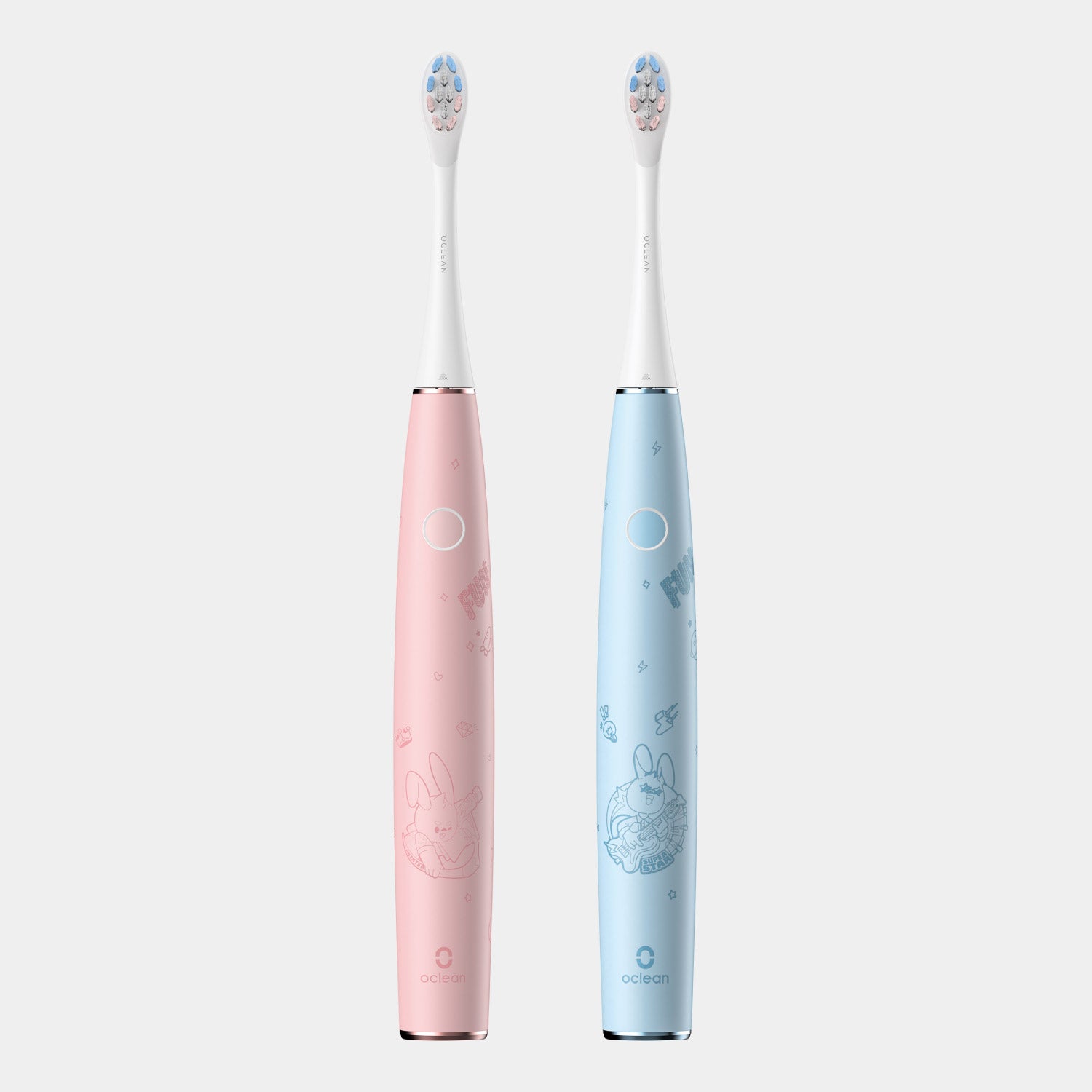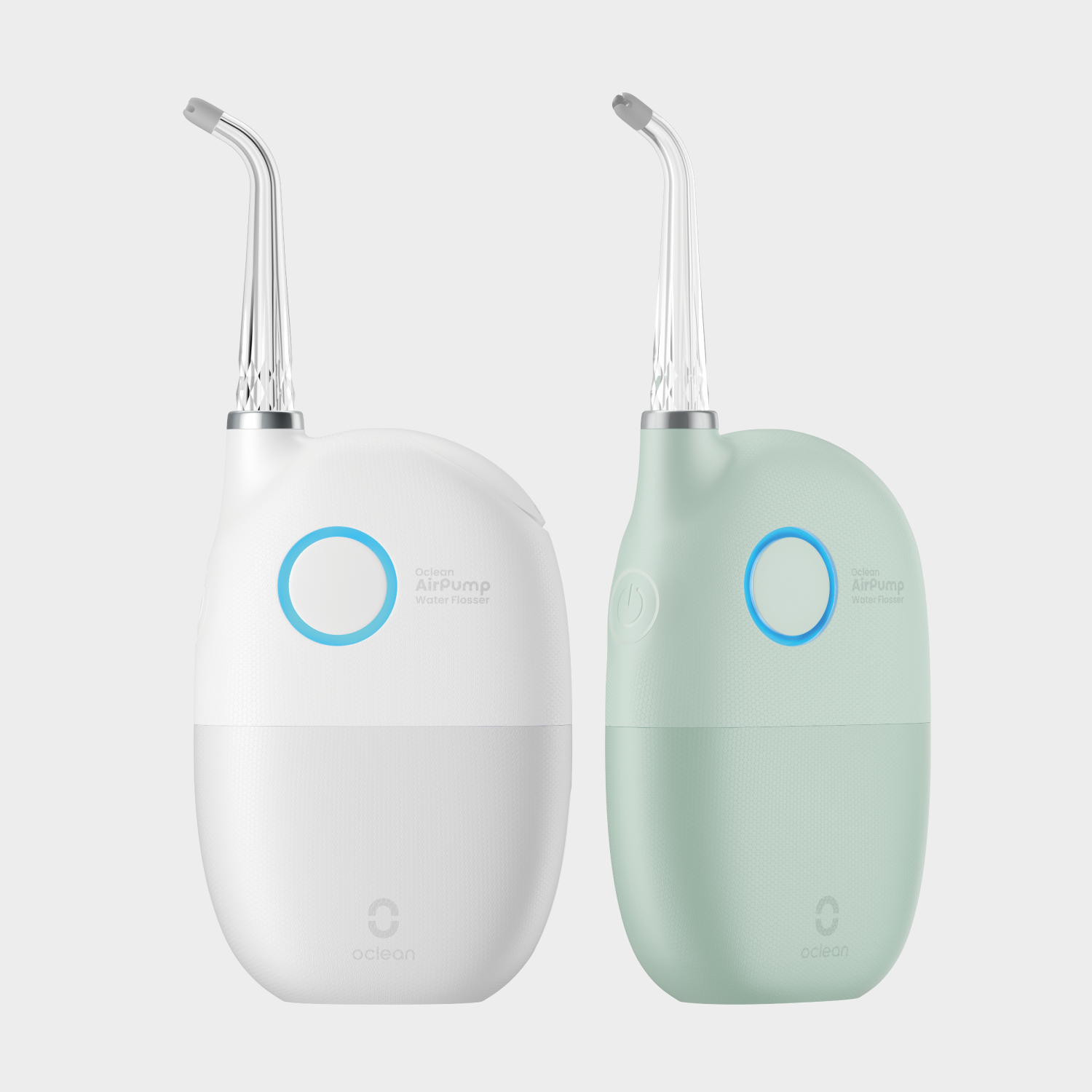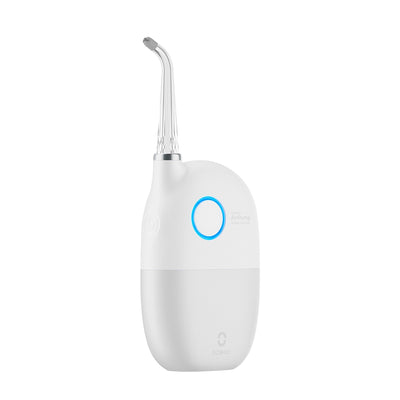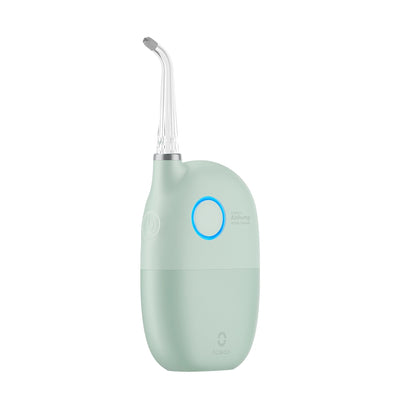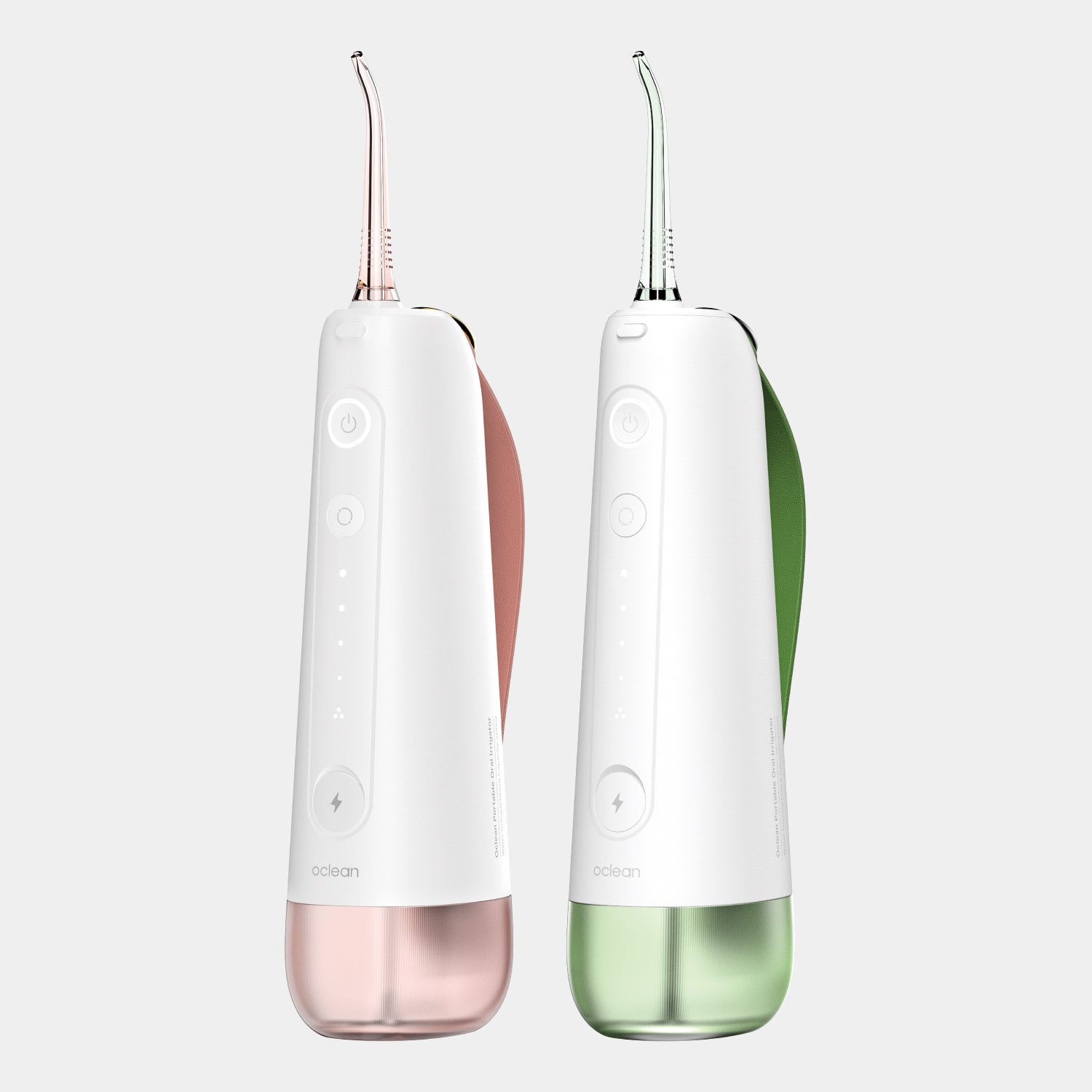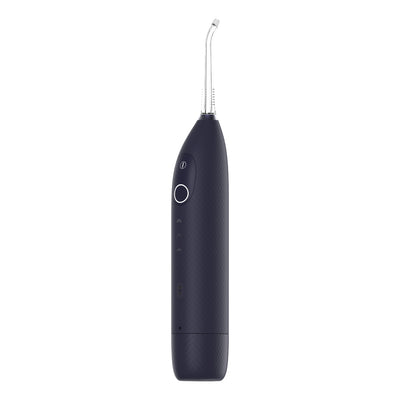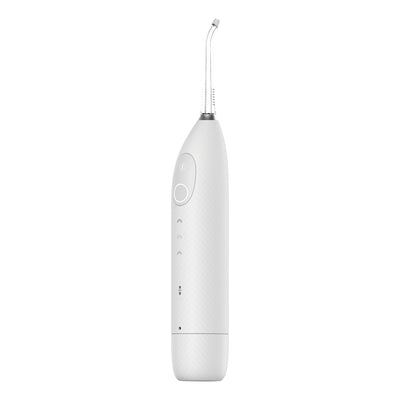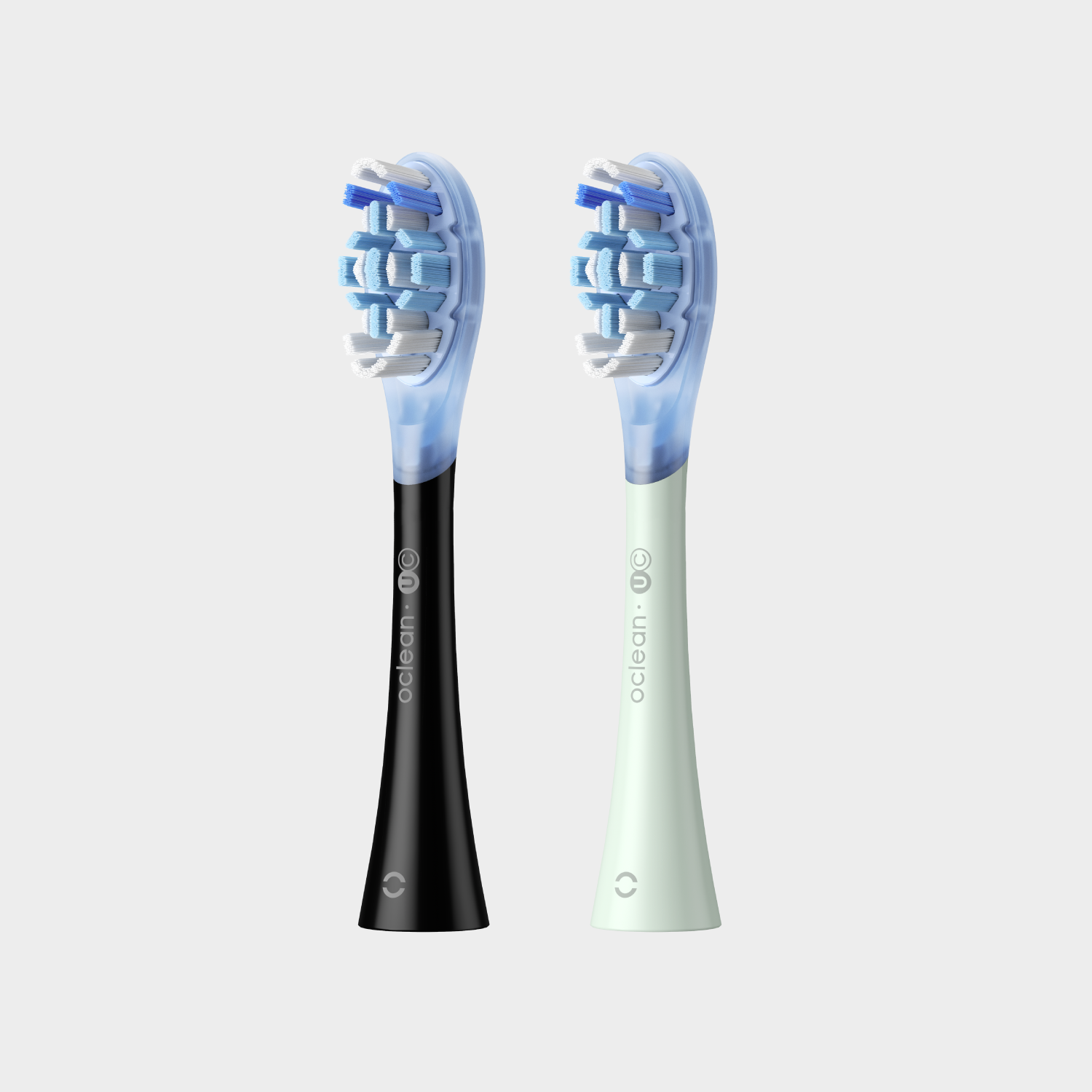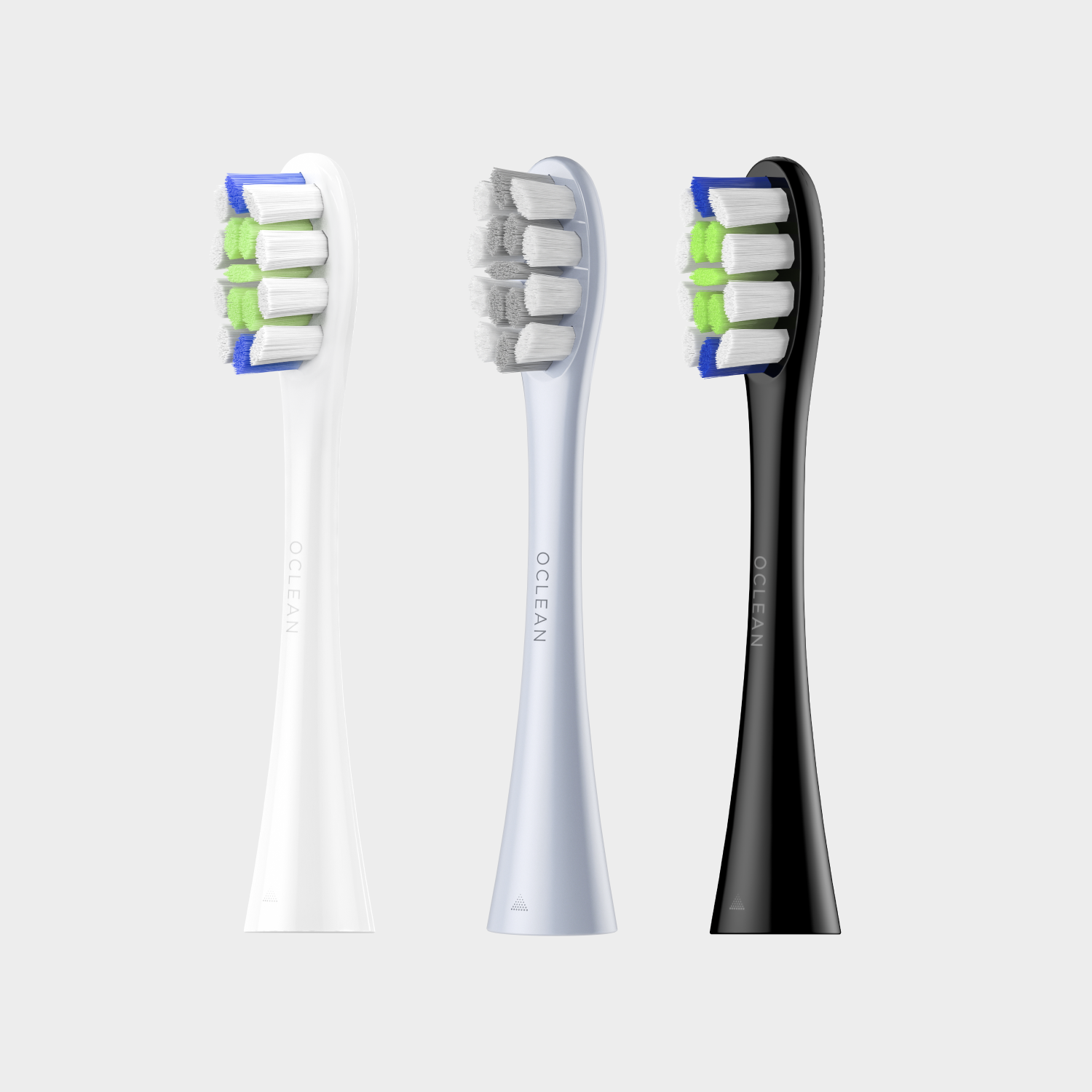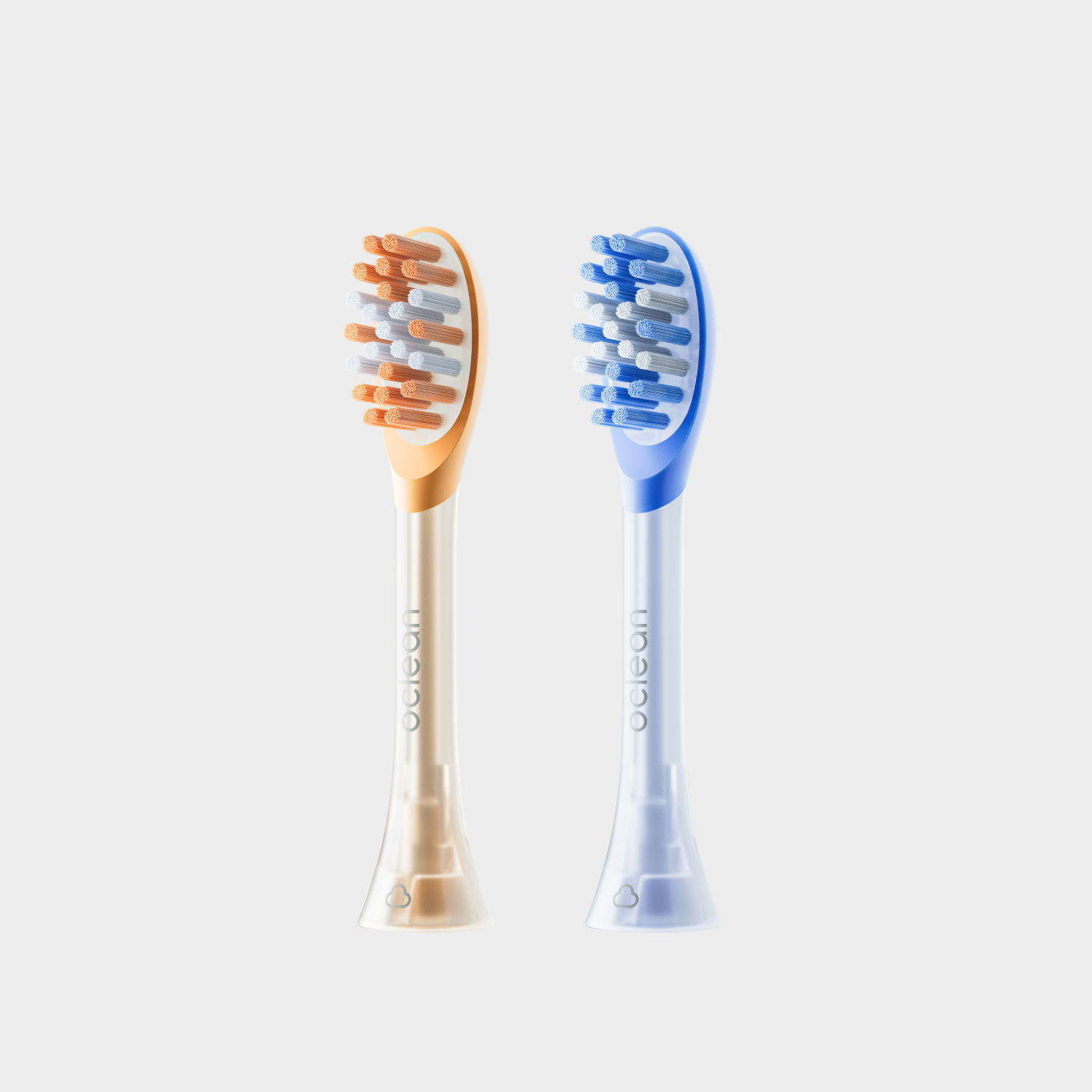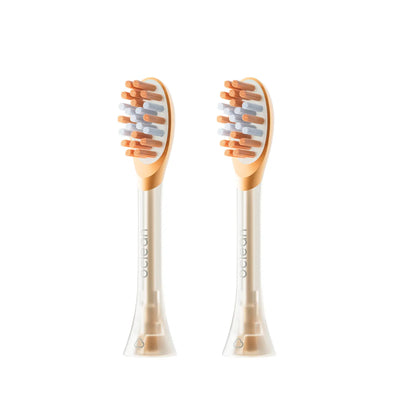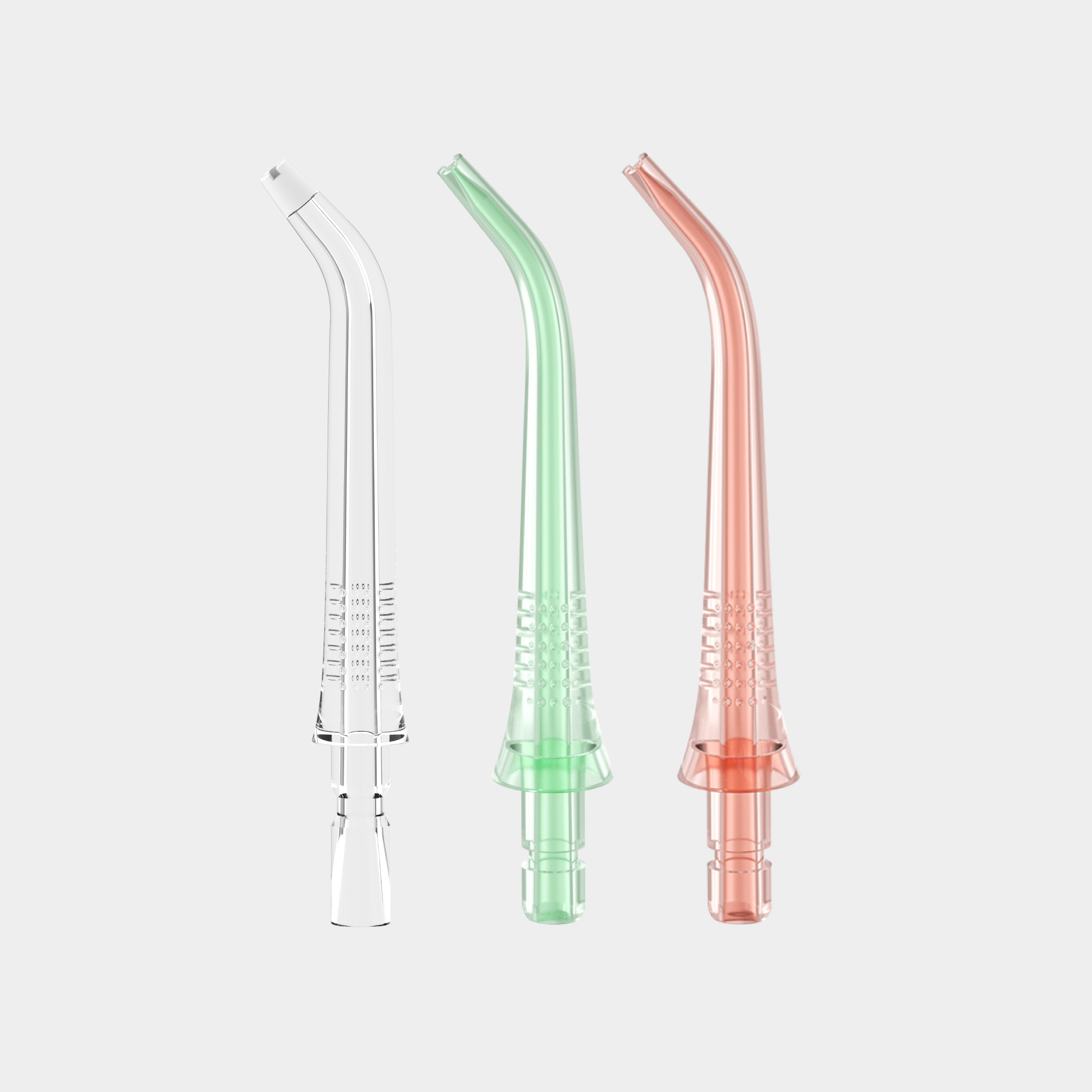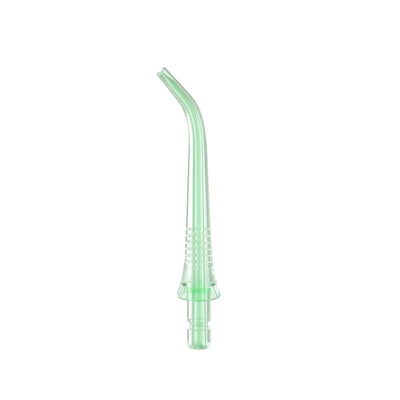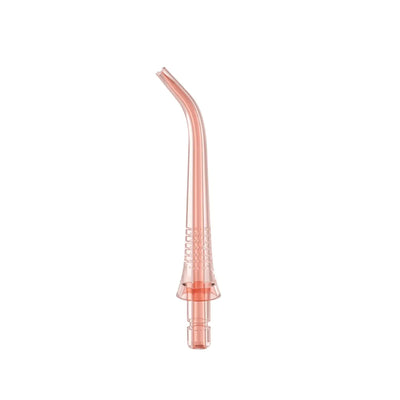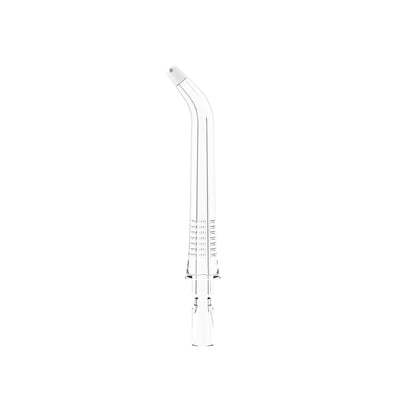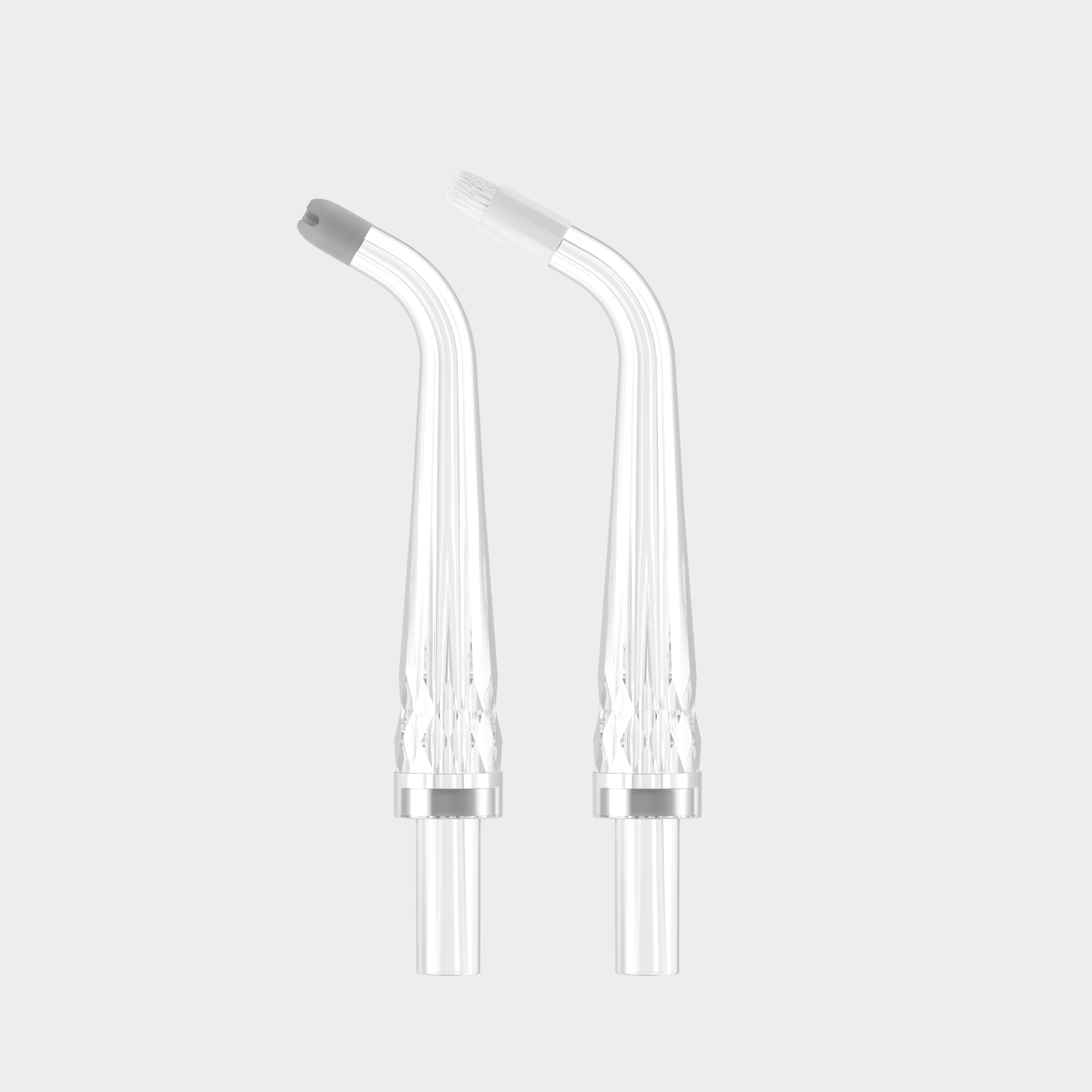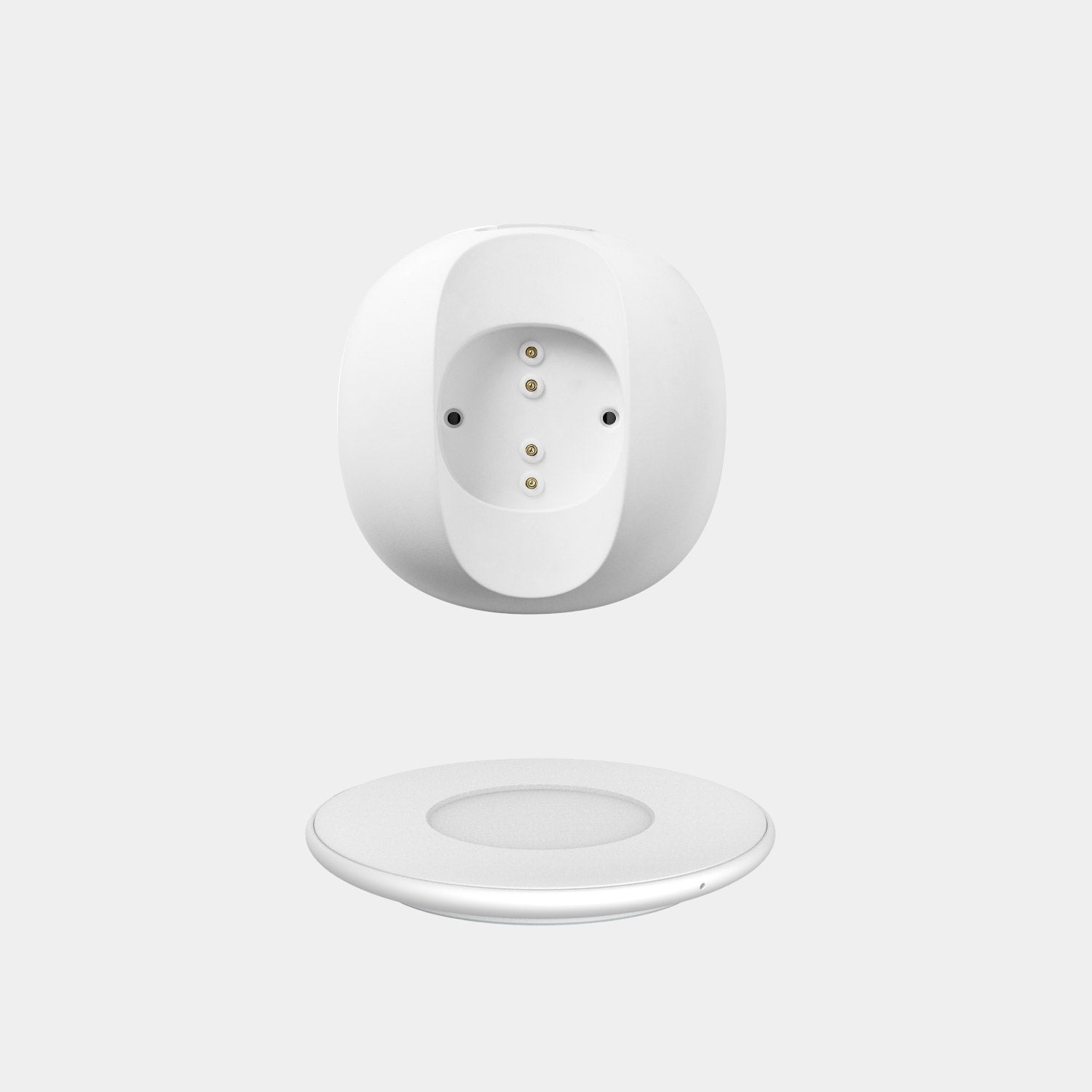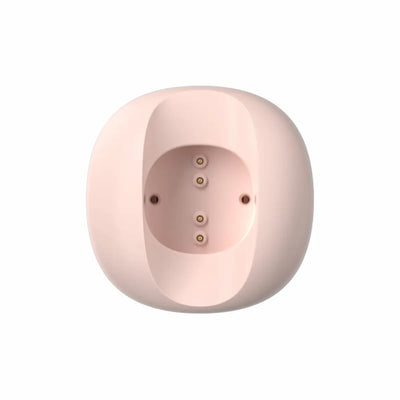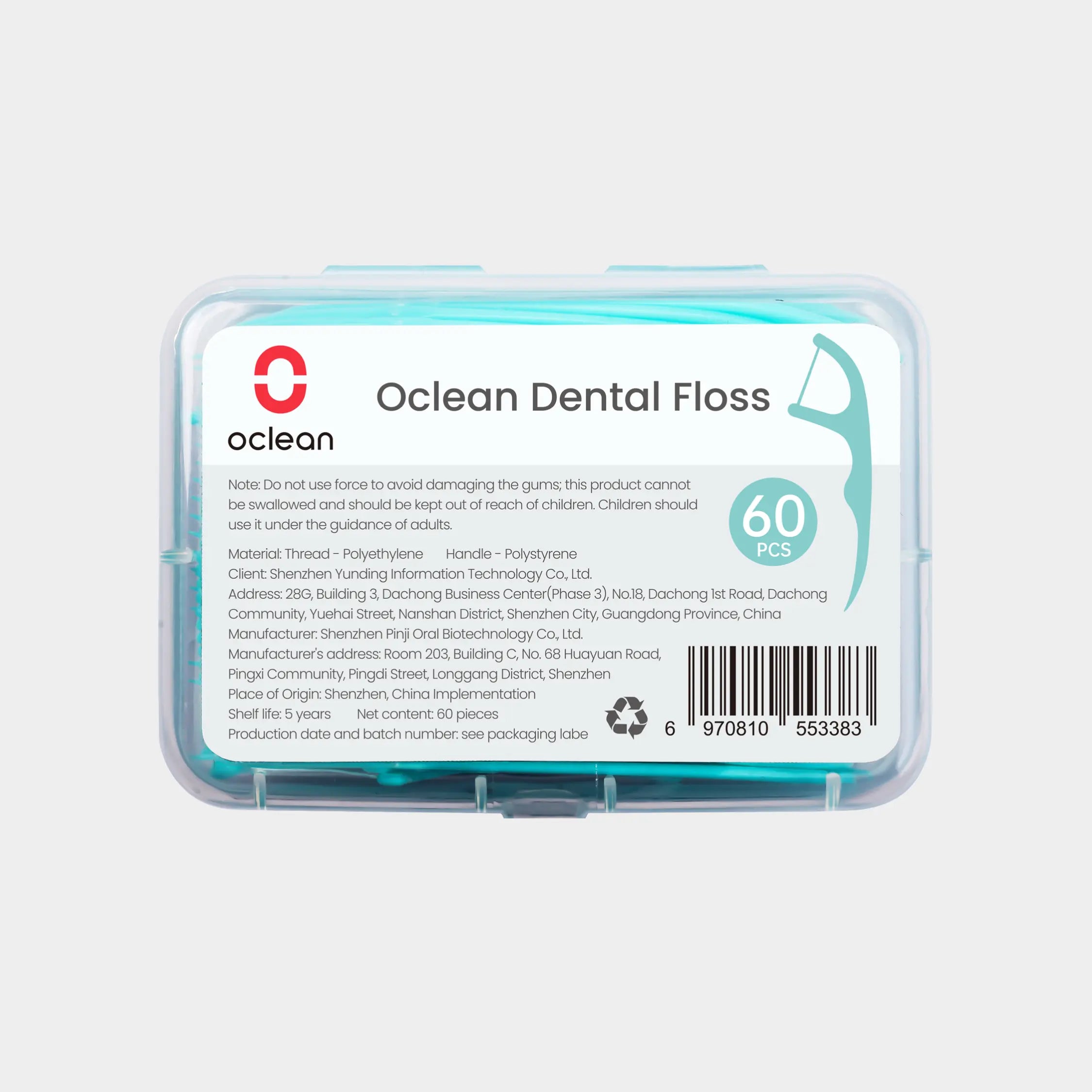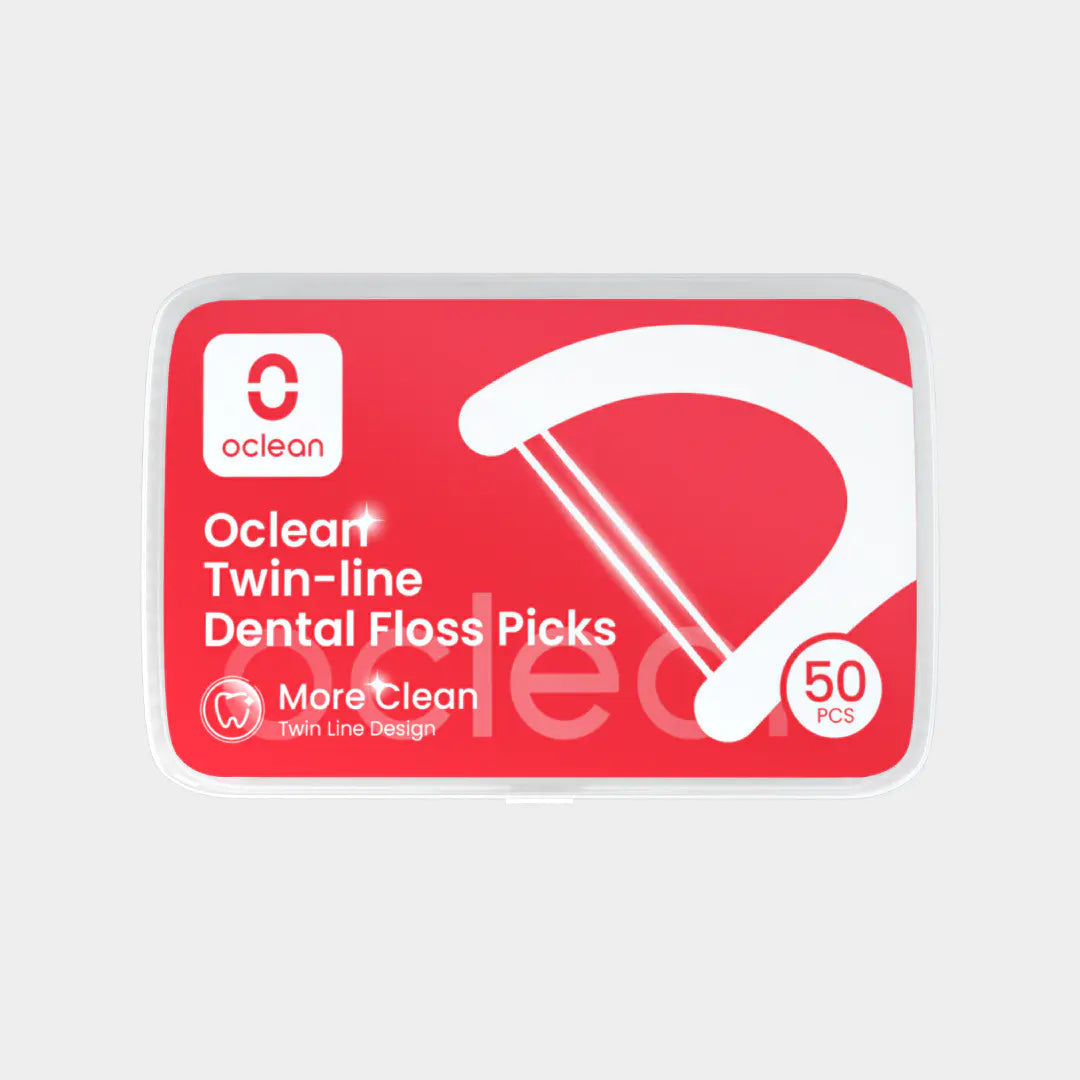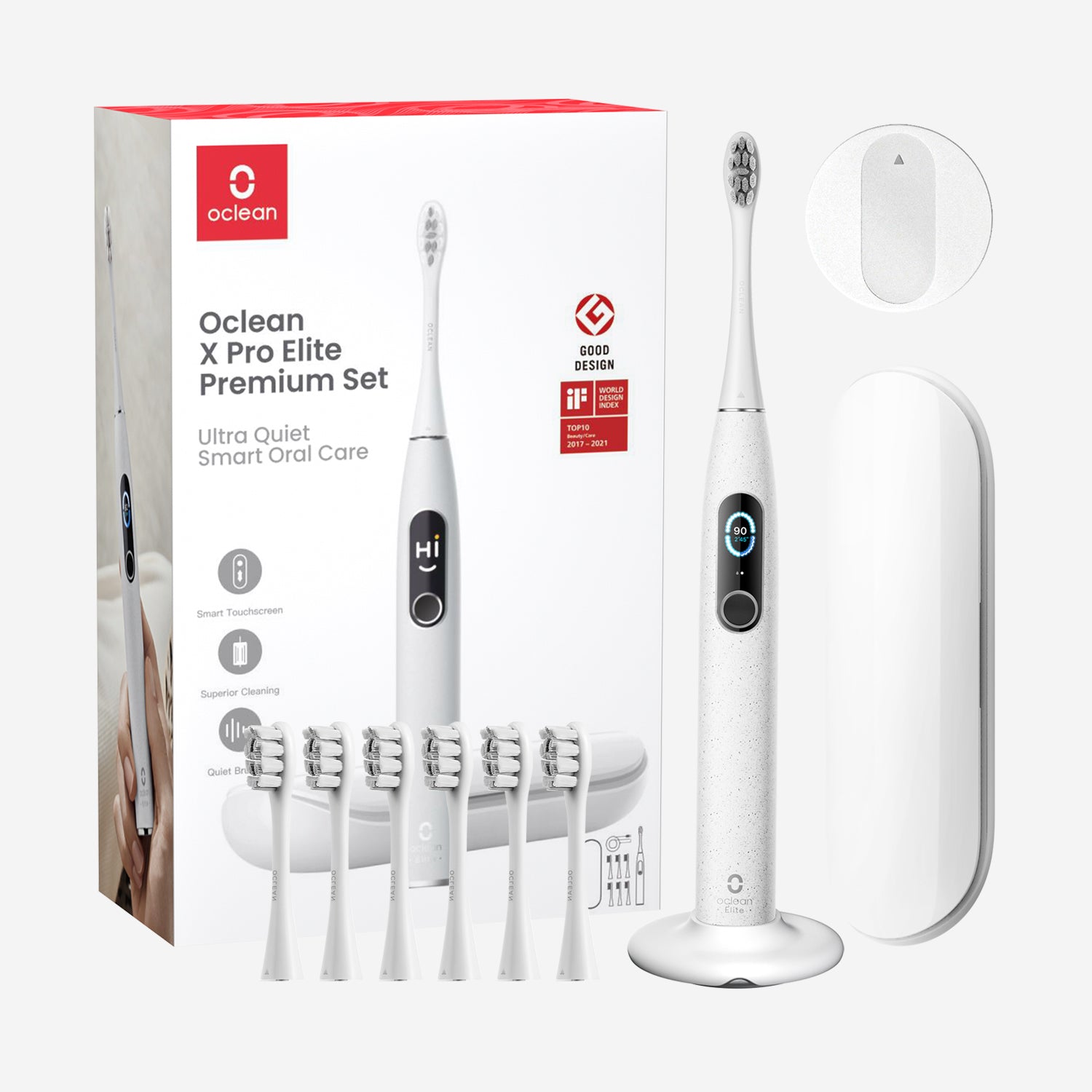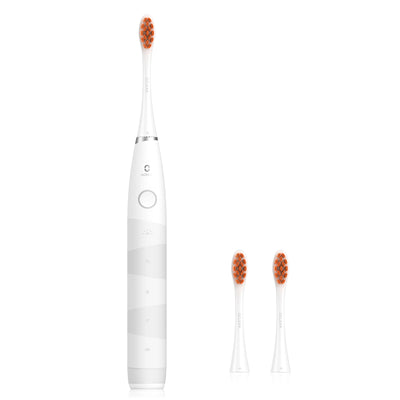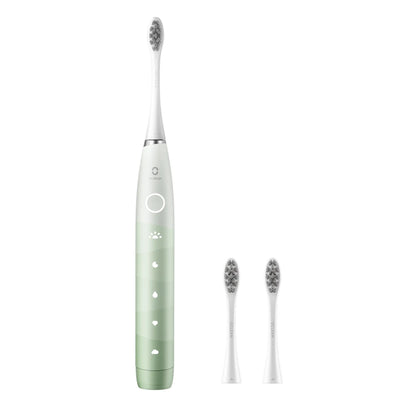Flossing is one of the everyday practices for good oral health, but many people get uneasy with one common problem: bleeding gums. If you have ever wondered, "Why do my gums bleed when I floss?" do not worry as you're not alone. It may be alarming for you to note bright red blood on your floss or your toothbrush. However, in most cases, bleeding gums do not indicate a significant condition. It tends to be a sign that your gums are in need of more attention.
Healthy gums do not bleed during brushing or flossing, but sometimes, they do due to inflammation caused by plaque accumulation. If this condition is not treated, more serious oral conditions may arise, such as gum disease. Fortunately, with the right knowledge and habits, you can deal with bleeding gums effectively. This article discusses the causes of bleeding gums while flossing, provides practical remedies, and offers helpful tips for healthier gums and a brighter smile.

Causes of Bleeding Gums When Flossing
Knowing the causes of bleeding gums when flossing can be important.
Improper Flossing Technique
Improper flossing techniques are a major common cause of bleeding gums. If proper techniques aren't followed, flossing can cut into the gum or cause injury to it by using too much pressure, leading to bleeding in the gums. Even though this cleaning is important between teeth, doing it with care is important to avoid injuries and damage.
Gum Inflammation
Gum inflammation is another common cause of bleeding gums while flossing, and it is related to bad oral hygiene. The buildup of plaque is what forms a sticky film of bacteria on your teeth and gums, irritating the gum tissue itself. This eventually can lead to gingivitis. At this stage, the earliest stage of gum disease, indications include red, swollen, and even tender gums that bleed easily with brushing or flossing.
If left untreated, gingivitis can progress to periodontitis, a more severe form of gum disease that affects the bone under the gums supporting your teeth and may eventually lead to tooth loss.

Health Issues & Medications
Other than hygiene-related causes, systemic health conditions can make the gums bleed. Vitamin C deficiency makes the gum tissue weak and may easily cause irritation and inflammation. Hormonal changes resulting from pregnancy bring about a condition known as pregnancy gingivitis where the gums swell and become inflamed.
Medications, such as blood thinning drugs, can lead to bleeding gums. Other lifestyle issues like smoking and stress may break down the body's immune response, making the person much more prone to infections that cause gum problems.
Tartar Accumulation
Frequent gums bleed when flossing can be an indication of tartar accumulation. Tartar is the hardened plaque that can only be removed by a dentist through cleaning. If bleeding continues, you should seek the help of a dentist for proper treatment and rule out serious conditions.
Home Remedies to Stop Bleeding Gums
To treat bleeding gums, you need a combination of proper oral hygiene, professional care, and lifestyle adjustments.
Proper Oral Hygiene
Adopt a uniform and effective dental routine. Brush your teeth twice daily using a soft-bristled toothbrush, such as a sonic toothbrush, to help remove plaque without irritating sensitive gums.

Flossing is as important as brushing correctly. Consider the a water flosser for your night-time oral hygiene routine. Instead of snapping the floss into place, use a gentle, back-and-forth motion to slide it between the teeth.
Curve the floss around each tooth and move it up and down; this way, it avoids forceful movements that could injure the gum tissue.

Professional Dental Care
Professional dental care is essential in the management of gum health. If the inflammation is due to plaque and tartar, then a professional cleaning becomes essential. The dentist uses special tools to remove tartar, which cannot be removed at home. For more severe cases of gum disease, scaling and root planing may be necessary to clean below the gumline and stimulate healing.
Lifestyle Changes
Other lifestyle changes may also help improve gum health. A diet rich in vitamin C keeps the gums firm, and drinking more water stimulates saliva production, which is actually a natural barrier against bacteria. When you quit smoking, you reduce the inflammation in your body and boost the body's ability to fight off infections.
If the bleeding persists even after these, see a dentist as soon as possible. Continued bleeding may indicate other conditions that need to be assessed and treated. With proper care, you can address the problem, end the bleeding, and return your gums to the best health.
Why Should You Continue Flossing Even If You Bleed?
It may seem logical to quit flossing altogether when your gums start bleeding, but that can make matters worse. Bleeding gums often indicate inflammation due to plaque buildup along the gumline. What will cure it is not quitting on flossing but rather doing it more consistently and correctly. Flossing helps get rid of plaque and food particles that a toothbrush cannot reach and decreases irritation that leads to healthier gums over time.

You normally get slight bleeding when you first begin flossing. The bleeding usually stops after a week because your gums require time to get accustomed to the new stimulation. However, when you skip flossing, the bacteria keep on accumulating, and the inflammation worsens and bleeds more.
Daily flossing will encourage your gum tissues to become strong and resistant. Combine this habit with good brushing and regular dental cleanings. Remember, with consistency comes an end to bleeding and a proud, healthy smile.
Healthy Gums Tips
A couple of extra good habits can make all the difference. Use an antimicrobial mouth rinse to minimize bacteria levels and prevent plaque from building up. A water flosser is for those sensitive to flossing. Water flossers are gentle on your gums and let you effectively clean those tight spaces between your teeth and below the gum line. They are perfect for people who have sensitive gums or orthodontic appliances.
Maintain optimal food habits with high vitamin C and calcium-based diets to care for your gums, and avoid smoking, which directly deteriorates the gum tissue and weakens the ability of your body to fight infection.
The Bottom Line
Bleeding during flossing is due to the inflammation of the gums, improper oral hygiene, and other related causes. This problem can be handled by proper dental care and adopting a routine practice, flossing correctly, and proper professional care if required.

For an innovative solution in gum care, consider the Oclean AirPump A10 Water Flosser. It uses AirPump technology for dual flossing power to clean sensitive gums in a softer manner. It is compact and portable and is thus ideal for home or on-the-go use. Upgrade your oral hygiene with Oclean for the healthiest gums ever.

